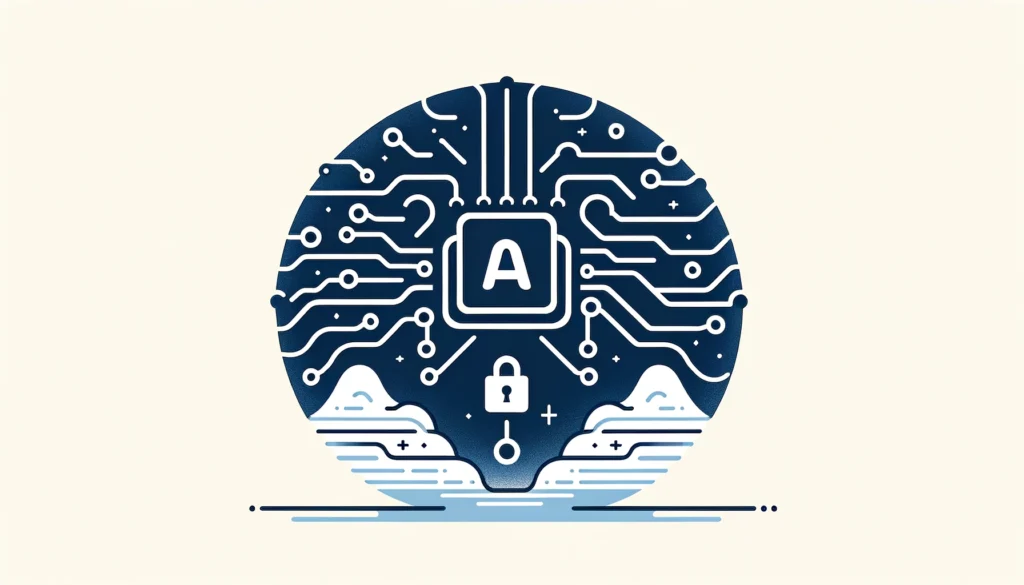In an era where artificial intelligence (AI) is rapidly evolving, the role of privacy professionals has never been more critical. As AI technologies increasingly intersect with personal and sensitive data, navigating the complexities of data privacy becomes a formidable challenge. This extended discussion delves into the essential considerations for privacy professionals at the forefront of AI and data privacy, aiming to provide a comprehensive guide in a landscape marked by continuous technological advancements and regulatory shifts.

1. Embrace Evolving Privacy Regulations
The first step for privacy professionals is to embrace the ever-evolving privacy regulations. As jurisdictions around the world update and introduce new privacy laws, professionals must stay informed about changes to regulations like the EU’s Digital Markets Act (DMA), Digital Services Act (DSA), General Data Protection Regulation (GDPR), California Consumer Privacy Act (CCPA), and Brazil’s General Data Protection Law (LGPD), among others. Understanding these regulations is crucial for ensuring that AI technologies are deployed in a manner that respects and upholds data privacy principles.
2. Understand AI’s Impact on Privacy
AI technologies, from machine learning models to predictive analytics, have the potential to significantly impact privacy. They can analyze vast datasets, identifying patterns and making decisions with minimal human intervention. However, this capability raises concerns about privacy, including the risk of exposing sensitive information, perpetuating biases, and making decisions without transparency. Privacy professionals must understand how AI systems process personal data and ensure that these systems comply with privacy principles such as fairness, accountability, and transparency.
3. Implement Risk Assessments and Data Protection Strategies
Risk assessments are a cornerstone of effective privacy management in the context of AI. By evaluating the data sensitivity and potential impact of AI projects on individuals, privacy professionals can identify and mitigate risks. This involves close collaboration with IT and security teams to implement data protection policies, as well as advising on best practices for data anonymization and pseudonymization. Ensuring compliance with data protection laws and regulations is an ongoing process that requires vigilance and adaptability.
4. Engage in AI Governance and Ethical AI Development
Privacy professionals should actively engage in AI governance, promoting the development and use of ethical AI. This includes participating in the creation of algorithmic impact assessments that go beyond legal compliance to consider broader ethical implications, such as fairness and non-discrimination. By focusing on the entire lifecycle of an AI system—from design and development to deployment—privacy professionals can help minimize privacy harms and build trust in AI technologies.
5. Stay Informed on AI Regulation Trends
Keeping abreast of AI regulation trends is essential for privacy professionals. Different jurisdictions are taking various approaches to AI regulation, from the EU’s risk-based framework to the UK and US guidelines focusing on safety, security, and fairness. Understanding these trends and preparing for the potential impact of future regulations on their organizations’ use of AI is crucial for privacy professionals. This proactive approach can help organizations navigate the regulatory landscape and leverage AI technologies responsibly and ethically.
Expanding the Role of Privacy Professionals
As AI continues to transform industries, the role of privacy professionals is expanding. They are not only guardians of data privacy but also key players in shaping how organizations adopt and integrate AI technologies. This requires a deep understanding of both the technical aspects of AI and the legal and ethical implications of its use.
Advocating for Ethical AI
Privacy professionals are uniquely positioned to advocate for the ethical use of AI. By fostering a culture of privacy and ethical consideration within their organizations, they can ensure that AI technologies are used in ways that respect individual rights and promote fairness and transparency.
Collaborating Across Disciplines
Addressing the challenges at the intersection of AI and data privacy requires collaboration across multiple disciplines. Privacy professionals should work closely with data scientists, engineers, legal experts, and policymakers to develop AI solutions that are not only innovative but also privacy-preserving and compliant with regulations.
Conclusion
Navigating the intersection of AI and data privacy is a complex but essential task for privacy professionals. By embracing evolving privacy regulations, understanding AI’s impact on privacy, implementing risk assessments, engaging in AI governance, and staying informed on regulation trends, privacy professionals can play a pivotal role in guiding their organizations through the challenges and opportunities presented by AI technologies. As AI continues to reshape our world, the expertise and leadership of privacy professionals will be crucial in ensuring that technological advancements are matched with a strong commitment to privacy, ethics, and compliance.





































